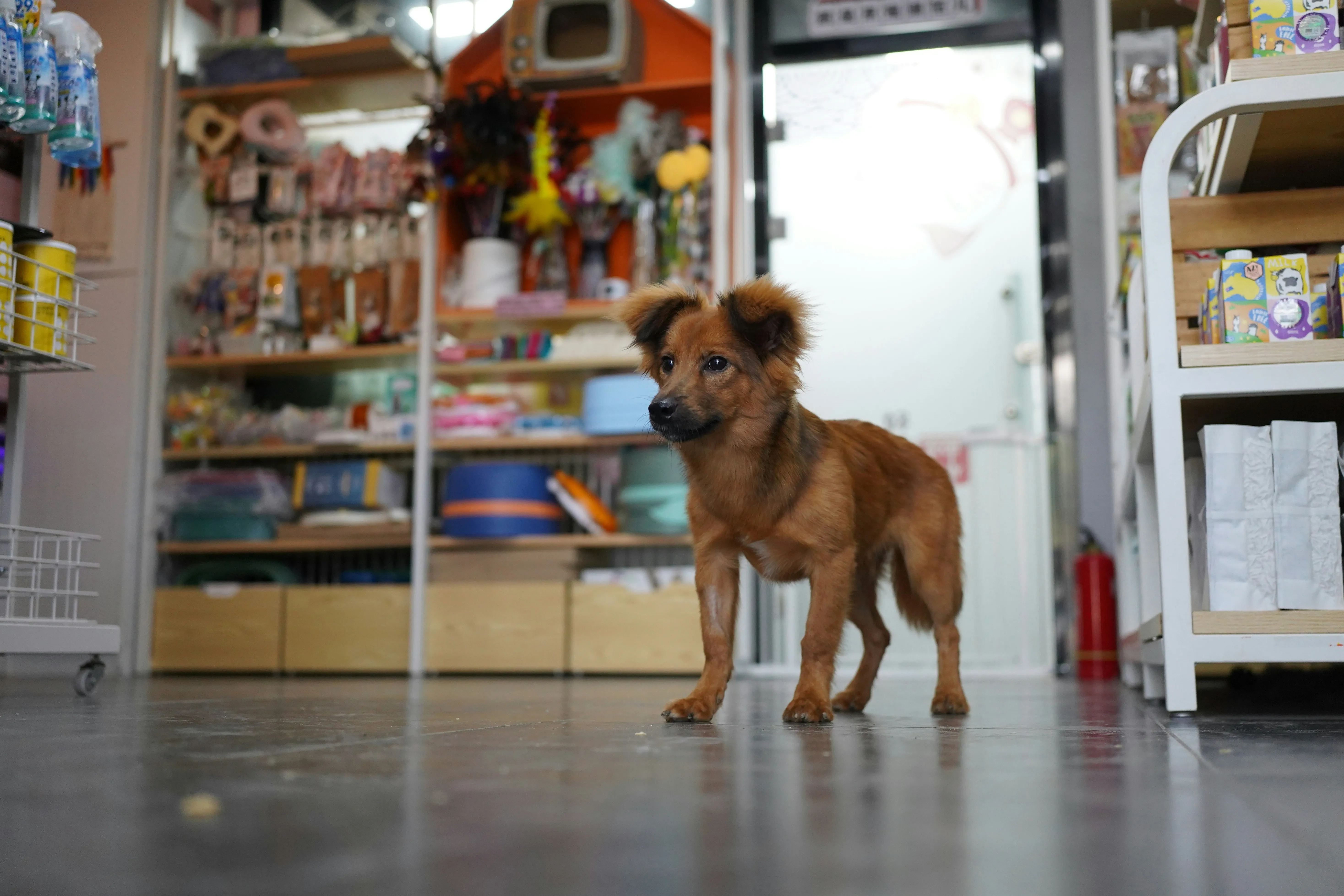
The dog days are just about over.
At its September 15 meeting, Denver City Council passed an ordinance prohibiting pet shops in the city from selling dogs, cats or rabbits. Mayor Mike Johnston must still sign off on the proposal for it to become law.
If the ban does go into effect, residents won’t notice the change: Currently, there are no pet stores in the city that sell the animals, according to council reports. However, supporters argue that banning retail pet sales is a preventative step to keep puppy mills from profiting within Denver.
“We can take some proactive measures,” said sponsor Councilman Chris Hinds during a committee hearing on August 27. “It really makes sense for us to pass an ordinance now before we have to consider the impact on Denver residents who are employees or small business owners.”
Pet stores typically receive animals from high-volume commercial breeders. Inhumane breeders can take advantage of this system, using the stores as middlemen to hide the animals’ poor living conditions from customers.
In July, more than 250 dogs and cats were rescued from an alleged breeding mill in western Colorado. Many of the animals reportedly required critical medical treatment and had painfully matted coats. This month, a Commerce City dog breeder was charged with animal cruelty after 31 dogs and puppies were found living in “deplorable,” filthy conditions. The breeder is accused of killing at least one dog by performing an unlicensed veterinary procedure on it.
Two dozen other Colorado cities have passed similar bans on retail pet sales, including Aurora, Fort Collins and Littleton.
Adding Denver to the list will keep bad actors from relocating to the Mile High City, Hinds argued, noting that the controversial national pet store chain Petland is considering opening a shop in Colorado and has already purchased a domain name for the location. The chain has been accused of selling sick animals and having ties to puppy mills.
Denver’s ban is backed by the Metro Denver Animal Welfare Alliance, which represents the Denver Animal Shelter, Humane Colorado and 21 other shelters and organizations.
“Commercial breeders often prioritize profit over animal welfare, resulting in overcrowding, poor hygiene, lack of proper veterinary care, and minimal socialization,” the alliance wrote in a letter of support. “Animals from these facilities frequently suffer from genetic disorders, behavioral issues, and chronic health problems. Banning their sale encourages adoptions from reputable sources, such as local shelters.”
Council’s move comes as Denver dog owners are sending their pets to the pound in record numbers. In May, dog surrenders at the Denver Animal Shelter were up 237 percent compared to the same period in 2019.
The Pet Advocacy Network disagrees with the ban, however. The Virginia-based nonprofit argues that banning retail pet sales will lead to a surge in black market sales. The group points to a 2024 L.A. Times investigation, which found that California’s statewide law barring pet stores from selling dogs drove “the puppy trade further underground,” replacing pet stores with a “network of resellers — including ex-cons and schemers.”
“This pet sale ban is a PR stunt driven by ideology, not evidence,” says Sandy Moore, CEO of the Pet Advocacy Network, in a statement. “The facts are clear: Sweeping pet sale bans fuel underground pet trafficking schemes that hurt pets and consumers.”
Under Denver’s ban, pet stores will still be allowed to hold adoption events. The ban will not impact local breeders that sell pets directly to customers.



